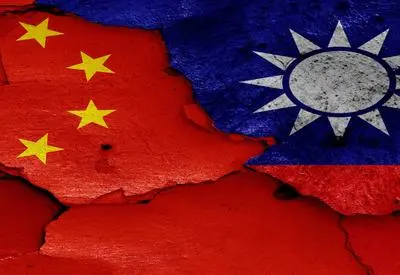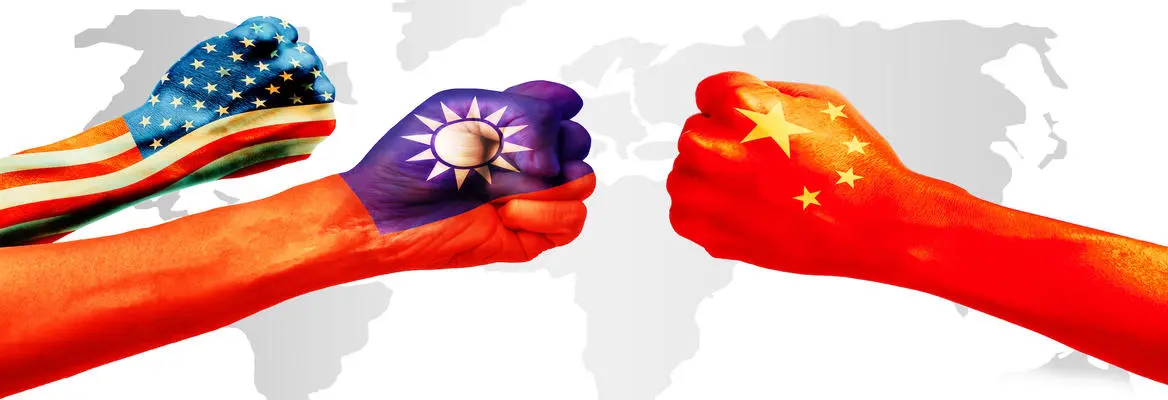The tensions between China and the US have reached new levels. Pelosi’s visit to Taiwan could turn out to be the equivalent of the assassination of Archduke Ferdinand, the trigger of World War I. But a war between the two countries over Taiwan would be unwinnable, leaving both sides deeply wounded. What is needed is the rebuilding of trust between the two superpowers, writes Robert A. Manning.
Are the US and China stumbling into the Thucydides trap, so named for the ancient Greek historian’s account of the Peloponnesian war between the then leading power, Sparta, which feared a rising power, Athens?
Established powers have historically feared being dislodged by rising ones, often leading to war. In the case of the US and China, since relations were normalized in 1979, tensions have risen in direct proportion to the degree the gap in wealth and power has diminished. The aftermath of House Speaker Nancy Pelosi’s unnecessary visit to Taiwan and the extreme, dangerous Chinese response left an already fraught and toxic relationship between the two nuclear weapons states closer to confrontation than any time since the Korean War in the early 1950s.
The Pelosi visit may turn out to be a tipping point, an event akin to the assassination of Archduke Ferdinand which triggered World War I. But conflict is not inevitable -- it is the result of the respective agency of both nations. There remain common interests and mutual vulnerabilities starting with global financial stability, global issues from climate change and nonproliferation to counter-narcotics and regional affairs such as North Korea and Iran, where we have cooperated in the recent past. And most existentially, as two mature nuclear weapons states, we need to find a framework to manage coexistence or risk mutual destruction.
 SUGGESTED READING
War in Taiwan will be more shocking than Ukraine
By Nigel Inkster
SUGGESTED READING
War in Taiwan will be more shocking than Ukraine
By Nigel Inkster
To its credit, the Biden administration did not respond militarily to China’s aggressive military actions. As one official said, “we’re not going to take the bait,” depriving China of a manufactured crisis. Unfortunately, Beijing used the Pelosi visit to escalate its military intimidation, a test demonstration of a blockade of Taiwan and military drills closer to the island, firing missiles and creating a ‘new normal’ for military exercises. Beijing also shut down all channels of military communication with the US and areas of cooperation, from climate to counternarcotics.
___
The White House portrayed the Pelosi visit, which it sought to dissuade, as business as usual.
___
One message China was trying to send with its extreme reaction was that it views the US as eroding the three foundational communiques (and the understandings on Taiwan) that were the basis for normalization of relations in 1979.
In any case, the White House portrayed the Pelosi visit, which it sought to dissuade, as business as usual. But Biden has said three times that the US would militarily defend Taiwan, with administration officials each time “clarifying” that Biden misspoke. In addition, over the past few years, the US has incrementally moved closer to Taipei. Scores of Congressional and ex-Senior officials, as well as occasional serving cabinet members visiting the island, increased military aid and training of the country’s armed forces of, and calls to end US policy of “strategic ambiguity”, as former Defense Secretary Esper did on a recent visit to Taiwan. Trump’s Secretary of State Mike Pompeo even went as far as suggesting that the US should simply recognize Taiwan as an independent state.
___





















Join the conversation